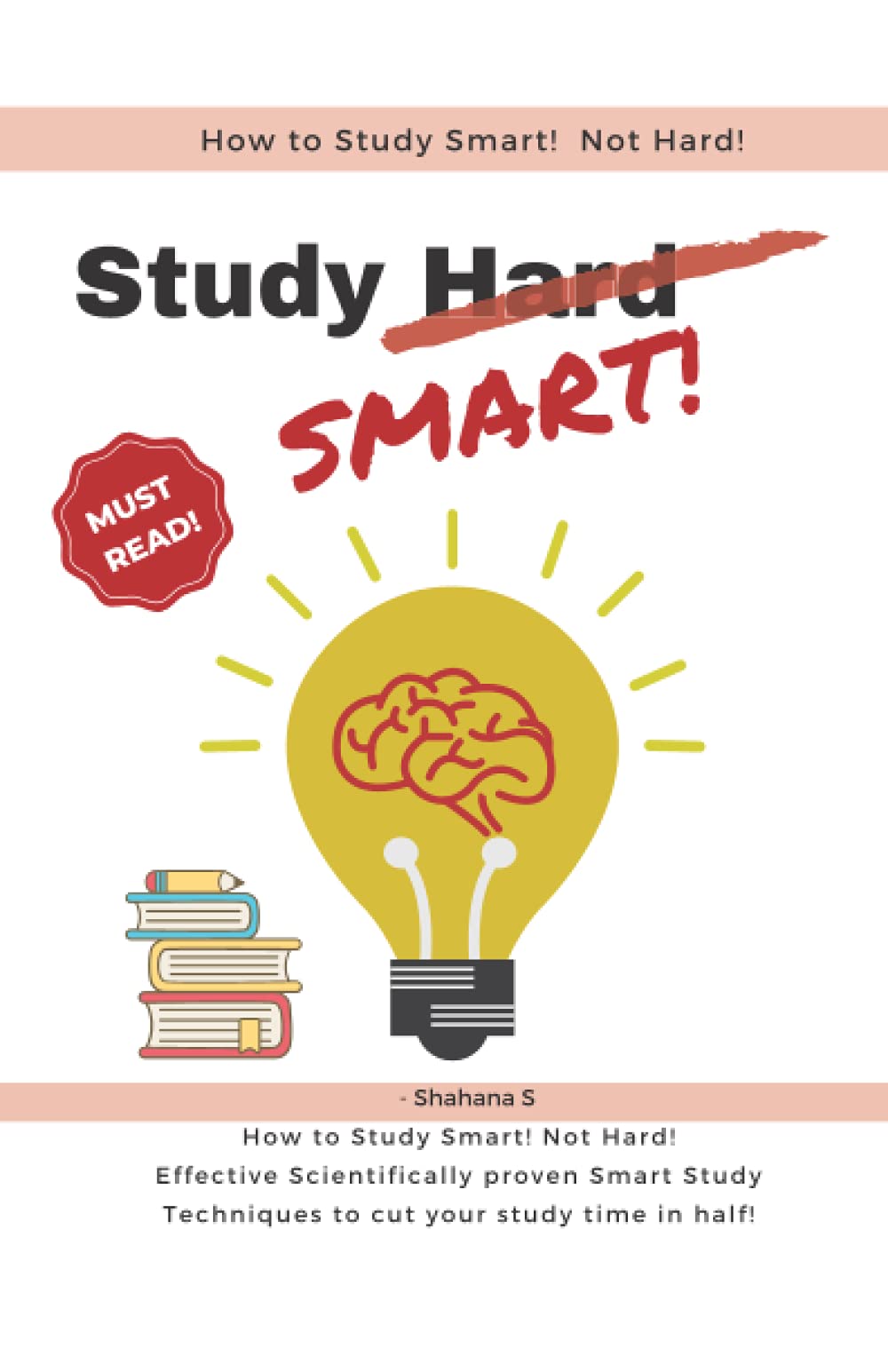Studying smarter, not harder, is a key to academic success. It is not about how many hours you spend studying, but about how effectively you use your time. By following these ten tips for studying smarter, you can optimize your learning and achieve better results.
Set Realistic Goals
Setting realistic goals is important for staying motivated and focused. Identify what you want to achieve and create specific, measurable, and achievable goals. By breaking down larger goals into smaller milestones, you can track your progress and stay on track.
Create a Study Schedule
Creating a study schedule is essential for effective time management. Determine how much time you need to spend on each subject and create a schedule that allows for adequate study time for each. Set aside specific times of the day for studying, and try to stick to your schedule as much as possible.
Eliminate Distractions
Distractions are a major hindrance to effective studying. Identify what distracts you, and remove or minimize them as much as possible. This can include turning off your phone, finding a quiet study space, or using a website blocker.
Take Breaks
Taking breaks is essential for maintaining focus and avoiding burnout. Plan to take regular breaks throughout your study sessions, and use that time to relax, stretch, or meditate. This can help you recharge and improve your ability to retain information.
Stay Organized
Staying organized is essential for effective studying. Keep your study materials and notes organized, and use tools like color-coding or labeling to make it easier to locate information. This can help you avoid wasting time searching for materials and stay focused on studying.
Find the Right Environment
Finding the right study environment is crucial for effective studying. Identify what type of environment works best for you, whether it be a quiet library or a bustling coffee shop. The right environment can help you stay focused and avoid distractions.
Use Active Learning Techniques
Active learning techniques, such as note-taking and summarizing, can help you better understand and retain information. Try to engage with the material actively, and use techniques that work best for you.
Seek Help When Needed
It’s important to recognize when you need help and to seek it out when necessary. Utilize resources like academic advisors, tutoring services, or study groups. These resources can help you clarify difficult concepts and improve your understanding of the material.
Practice Self-Care
Self-care is important for maintaining focus and preventing burnout. Take care of yourself physically and mentally by getting enough sleep, exercising regularly, and taking time for yourself. This can help you stay energized and focused during your study sessions.
Stay Motivated
Staying motivated is essential for effective studying. Set incentives for yourself, such as rewards for meeting your goals or completing a challenging task. Surround yourself with supportive people who encourage and motivate you.
In conclusion, studying smarter, not harder, is key to academic success. By setting realistic goals, creating a study schedule, eliminating distractions, taking breaks, staying organized, finding the right environment, using active learning techniques, seeking help when needed, practicing self-care, and staying motivated, you can optimize your learning and achieve better results. Incorporate these ten tips into your study routine, and watch as your academic performance improves.





